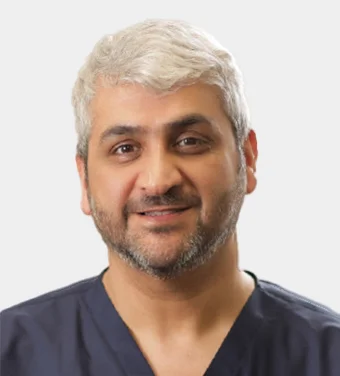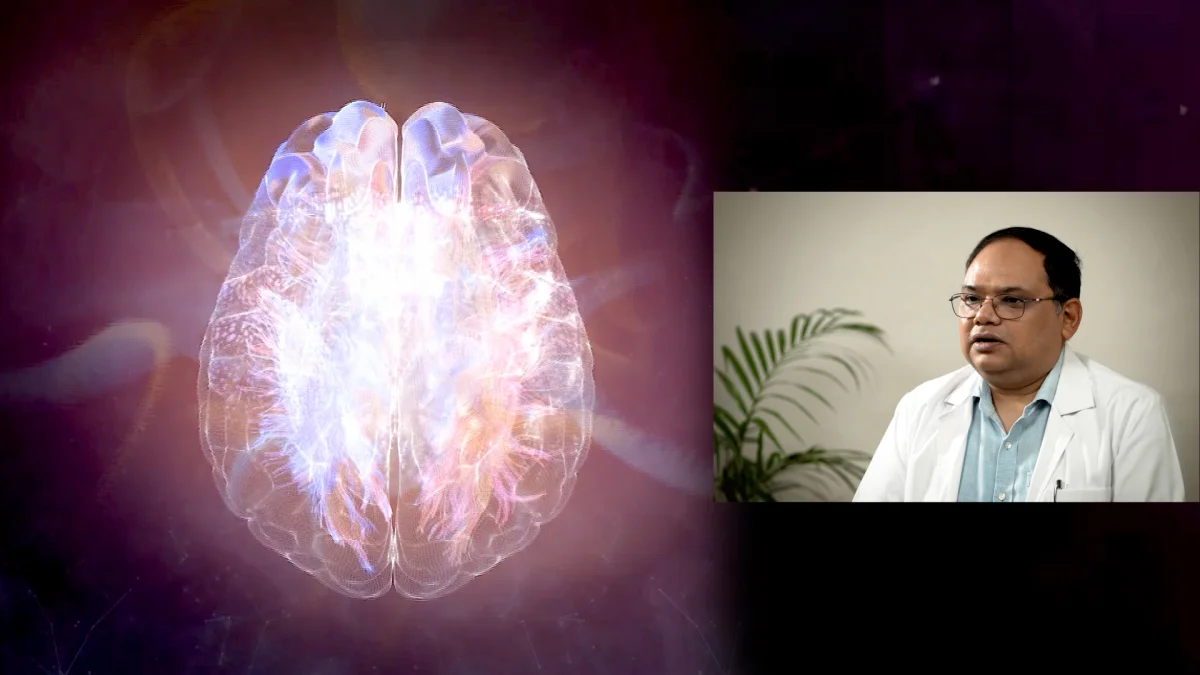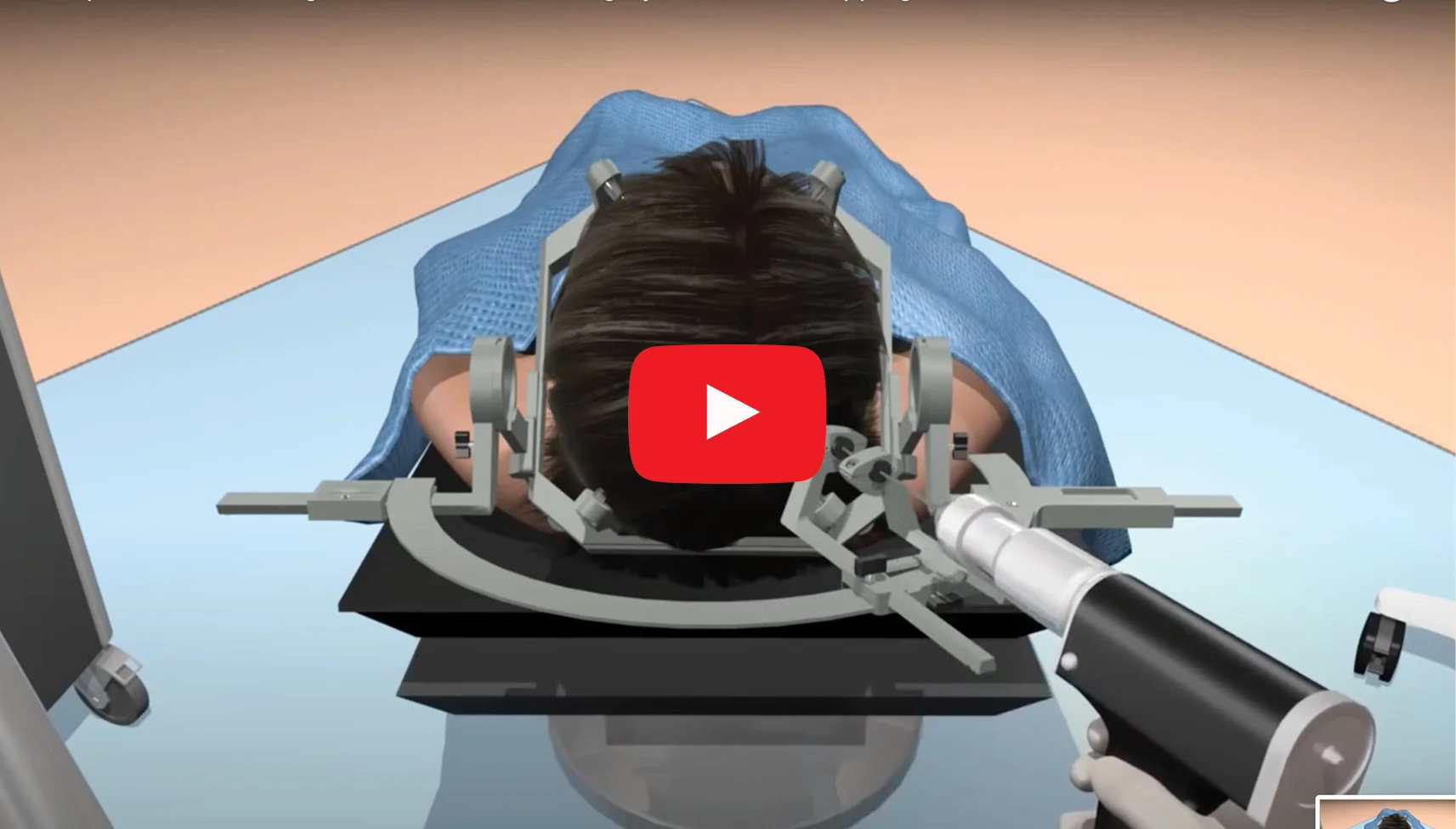
At IBS Hospital, our Neurosurgery Department excels with innovative, experienced, and compassionate neurosurgeon doctors in Delhi delivering exceptional outcomes. If you're seeking a top neurosurgeon in Delhi, look no further than IBS Hospital. As pioneers in breakthroughs, we provide unparalleled surgical excellence. We are New Delhis largest program with esteemed faculty, advanced facilities, and precision in both conventional and minimally invasive procedures for seamless recovery.
-
- Open or conventional surgery
- MIS or minimally invasive surgery
- Microsurgery
- Radiosurgery
- Gamma knife or brain stereotactic radiosurgery
- Endoscopic surgery
- Endovascular surgery
Patient Stories
-

From Diagnosis to Recovery: Medulloblastoma Treated with Tumor Excision at IBS Hospital - YouTube
-

IBS Hospital | Navigation-Guided Brain Tumor Surgery | Mr. Nazar Mohammad's Testimonial - YouTube
Our team of experts that make it possible
-

Dr. Vikas Gupta
Senior Neurosurgeon
-

Dr. Dewaker Sharma
Senior Neurosurgeon
-

Dr. Sachin Kandhari
Senior Neurosurgeon
-

Dr. Anup Gogoi
Senior Neurosurgeon
-

Dr. Ankur Dhandha
Anaesthetist
-

Dr. Gaurav Sharma
Senior Sports Physiotherapist
-

Dr. Sachin Samuel
Senior Neuro Physiotherapist
-

Dr Ankush Arora
Anaesthetist
-

Dr Amarjyoti Yadav
Anaesthetist
Book an Appointment
Receive swift, expert analysis of your diagnostic tests, along with personalized treatment plans.
REQUEST A CONSULTATION TODAYIBS Hospital Empowers Your Treatment with Cutting-edge Technology
We continuously incorporate cutting-edge technologies from around the world into our offerings, such as a surgical system that allows for precise and confident complex procedures. We use magnetic stimulation to treat certain neurological conditions and create personalised brain maps for tailored treatment plans. Nerve monitoring during surgeries ensures the nervous system is not compromised, and a robotic exoskeleton aids in mobility issues. Our goal at IBS Hospital is to provide the best care possible, utilising the latest and most innovative technologies available.



